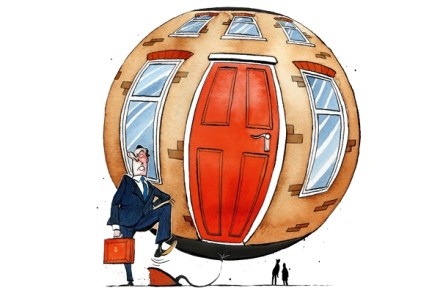Listen: The Spectator’s take on the Scottish leaders’ debates
The Scottish leaders’ debate was, so far, the most informative TV debate of the campaign. In a View from 22 podcast special, Fraser Nelson, James Forsyth and I analyse which party leaders gained the most from this evening’s STV programme. Was the SNP’s Nicola Sturgeon successful in defending her party’s record? Did Labour’s Jim Murphy say anything to tempt back the thousands of disaffected Scottish Labour voters? And did the Conservatives’ Ruth Davidson or Liberal Democrats’ Willie Rennie manage to score any points? You can subscribe to the View from 22 through iTunes and have it delivered to your computer or iPhone every week, or you can use the player below:


















